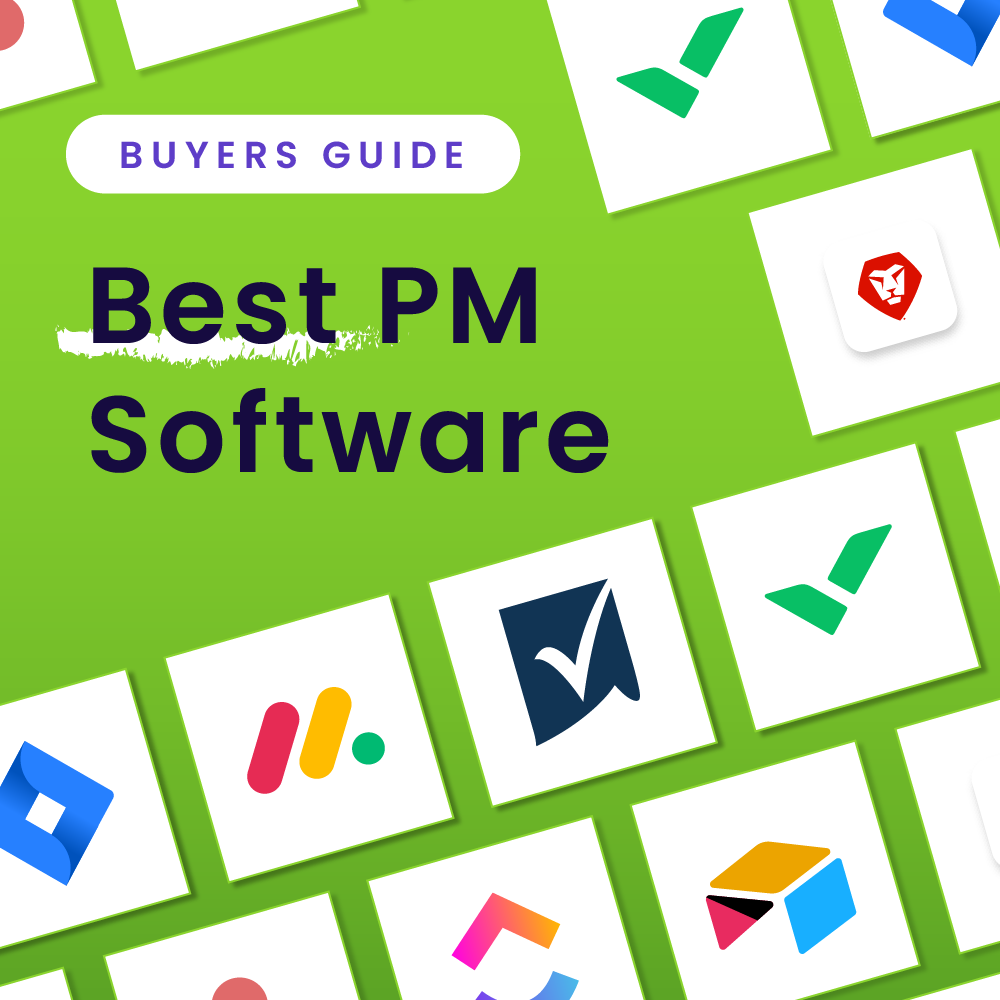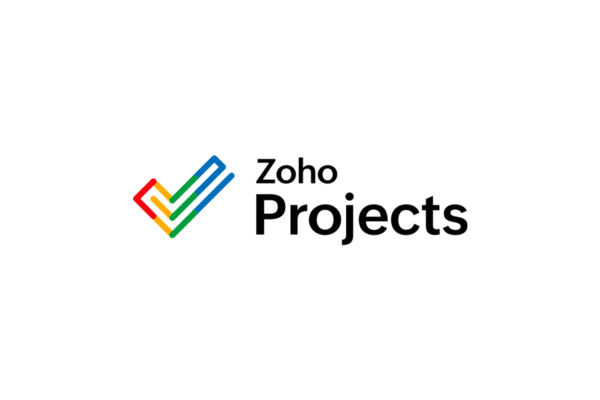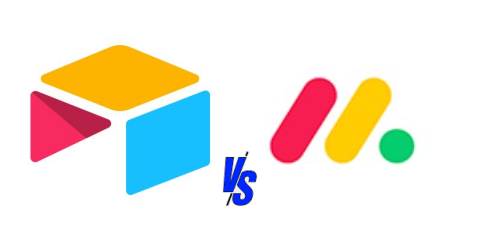
Originally launched in 2012 as dapulse, monday.com offers a work and project management platform available for both the web and mobile devices. The platform, monday work management, features various tools and utilities designed to strengthen and support your day-to-day workflow in multiple industries including general creativity and design, software development, marketing, project management, sales, customer relationship management (CRM), task management, human resources (HR), and operations management.
The development team with monday.com released their application programming interface (API) to third-party developers in 2020, which gives customers and other developers the opportunity to extend the platform’s capabilities and build their own custom solutions.
Some of the tools that have been developed by customers and third-party developers include:
- Customized views
- Specific dashboard widgets
- Automated workflows
- Integration support for other apps and services
Moreover, Work OS, one of the company’s newest solutions, takes a modular approach to daily operations. It lets customers build their own tools and customize the platform without having to code or develop their own apps.
What Does monday.com Do?
With a highly versatile portfolio of solutions, monday.com benefits the modern workforce in numerous ways. While many customers use one service or another, such as the project management or human resources suite, the various tools offered by monday.com can be combined, mixed, and matched to meet your exact needs. Many of these services are compatible with other productivity apps and platforms, too, so you’ll be able to integrate monday.com with the software you’re already using.
Read our complete, hands-on review of monday.com
Software development
The monday work management platform is ideal for managing team-oriented software development projects. Built-in tools let you track the entire project, from initial conceptualization to the final product launch, and you can even plan for future software updates and releases within monday work management.
Primary software and product development features of monday work management include:
- Mapping Development Strategies: Use your unique product strategy to create the overall roadmap for product development processes.
- Managing Daily Workflows: Build Agile workflows in a manner that directly serves the needs of your development team.
- Tracking Bugs: Keep track of any known bugs or issues with your product, including those that have already been resolved.
- Automating Processes: Create automated processes to eliminate redundant or repetitive tasks and reduce the amount of work required by your development team.
- Synchronizing Communications: Ensure interdepartmental teams are on the same page by syncing project-specific communications with everyone involved.
Remember, these development tools aren’t just for software developers. They’re applicable for nearly any group of product developers — regardless of the size of the team or the form of the final product.
Marketing
If you have difficulty creating actionable insights or if you need to interject more visibility into your marketing process, monday work management can help immensely. Designed to help teams plan, monitor, and achieve high-level marketing strategies, it’s a great way to streamline marketing activities while still tracking performance and productivity.
The primary marketing features of monday work management include:
- Organizing Resources: Access all of your digital assets and resources from a centralized repository, including images, documents, archived files, and more.
- Strengthening Visibility: Maintain visibility across all marketing campaigns to provide timely updates to your team, meet deadlines, and make strategic decisions.
- Managing Campaigns: Create campaigns, including Google Ad search campaigns, without ever leaving the platform. You can also optimize and monitor marketing activities in real time.
- Streamlining Approvals: Use forms, annotated notes, and versioning to expedite the creative approval process on behalf of your team.
- Tracking Upcoming Campaigns: The built-in calendar lets you track current and upcoming marketing campaigns, so you’ll be able to plan ahead and avoid potential conflicts.
All of the marketing services featured in monday work management can help transform a struggling campaign into a streamlined and efficient marketing machine.
Sales & CRM
You can also manage sales and CRM in one convenient place with monday work management. Like with monday.com’s other tools and services, you can customize the CRM functionality to manage stages, pipelines, and more.
The sales and CRM functionality of monday work management are also ideal for:
- Automating Sales: Easily automate standard sales processes like assigning leads and setting reminders. Receive automatic alerts whenever a lead opens an email, when a deal is closed, or at any other point in the process.
- Integrating Email: Integrate your current email with monday work management to begin using service templates, logging emails, and tracking customer interactions.
- Monitoring Accounts: Keep track of customer accounts and view important information with the click of a button. Not only does this add increased visibility when managing and closing deals, but it provides guidance regarding your next step with each customer account.
Whether you want to optimize and streamline the sales process or just manage customers more efficiently, the sales and CRM functionality of monday.com are right for you.
Human resources
Modern HR management can be a tedious job. Between evolving rules and guidelines, in-house and remote employees, and digital communications outside of the workplace, it’s tough to keep everything in order. Some of the highlights of using monday work management for HR include:
- Optimizing Recruitment Pipelines: Keep track of interview dates, open positions, and individual candidate statuses throughout the recruitment pipeline.
- Onboarding New Hires: Create lists of necessary onboarding activities and track the progress of new hires within the onboarding program.
- Reviewing Employee Performance: Get a headstart on the employee performance review process by tracking metrics within monday work management.
- Applying Templates: monday work management offers various templates to get the HR department up and running as quickly as possible, including templates for tracking applicants and recruitments, monitoring employee engagement, tracking attendance, and more.
HR teams can easily assimilate into the monday work management digital platform — even if it’s their first time using a work management platform.
Operations management
Simplify online business operations with monday work management. It’s currently used by more than 152,000 customers across the globe, and it can help operations teams meet their digital business needs, too. Using monday work management for operations management means:
- Collaborating in Real Time: Assign tasks, communicate with stakeholders, and see what teammates are doing in real time.
- Monitoring Team Workloads: View the workloads of each team to track their resources, avoid conflicts, and balance their workflows.
- Integrating With Other Apps: Although it’s designed as a one-stop source for all work management needs, monday work management includes plenty of integrations for those who prefer to use the third-party tools they’re already familiar with.
Depending on the size and scope of your online business, monday work management might be the best choice when it comes to driving day-to-day productivity and achieving your goals.
Information technology
With so much emphasis on digital and online productivity, it’s no surprise that monday work management is useful in many areas of IT, too. Some of the most useful IT-oriented features in monday work management include:
- Creating Actionable Data Insights: View all data in one place, including employee time, open support tickets, outstanding orders, and more.
- Maintaining Inventory and Orders: Track inventory, communicate with suppliers, and monitor all orders for easy inventory management.
- Managing the IT Project Life Cycle: Manage the entire IT project life cycle, including initial meetings, objectives and requirements gathering, contractor agreements, projected budgets, and more.
- Achieving Compliance: Internal security controls within monday work management are directly based on common compliance standards and best practices.
While the IT project life cycle mirrors that of the normal project life cycle in many ways, there are enough differences that it warrants an approach that was developed specifically with IT in mind.
How Does monday work management Make Project Management Easier?
One of the most popular features in monday work management, the project management services can accommodate basic projects, complex project portfolios, and anything in between.
The monday work management platform makes project management easier in a number of ways, including:
- Planning and Managing Projects: Easily manage a single project or an entire portfolio of projects from a centralized location.
- Automating and Streamlining Projects: Streamline project progress by automating approvals and other redundant tasks.
- Collaborating With Stakeholders: Maintain communications with all project stakeholders, including teammates, external partners, and customers.
- Monitoring Progress and Performance: Monitor the progress of multiple projects simultaneously, thus bolstering the decision-making process and ensuring the performance of the entire project team.
Day-to-day project management is already difficult enough. There’s no need to complicate the process even further with multiple platforms or by accessing resources that are located in separate places. Thankfully, monday work management addresses these issues and streamlines the project management process for everyone involved.
Is monday work management Hard to Use?
No, monday work management is not difficult to use. In fact, it’s widely regarded as one of the easiest and most straightforward tools available.
To make it even easier for new and novice customers, the development team with monday.com released their API alongside the newest version of their platform, monday Work OS, in 2020. It’s received consistent updates ever since then, many of which are specifically aimed at streamlining and optimizing usability.
What is monday Work OS?
In 2020, the team at monday.com officially introduced the second version of their platform. Referred to as monday 2.0 or monday Work OS, the latest iteration is the most powerful and comprehensive tool introduced by the monday.com team thus far.
The biggest difference between monday Work OS and the original monday work management platform is the addition of the innovative Apps Framework. Not only does this give users and third-party developers the ability to create their own apps for use by their own teams within the monday work management platform, but they can share their creations and even attract new customers of their own.
Learn More About monday.com
For even more information about monday work management platform, monday Work OS, or any of monday.com’s individual services, make sure to check out these useful and informative links:
Top 10 monday.com integrations to improve your workflow
How can monday.com be used as a CRM?
How to use monday.com for PPM (Project Portfolio Management)





